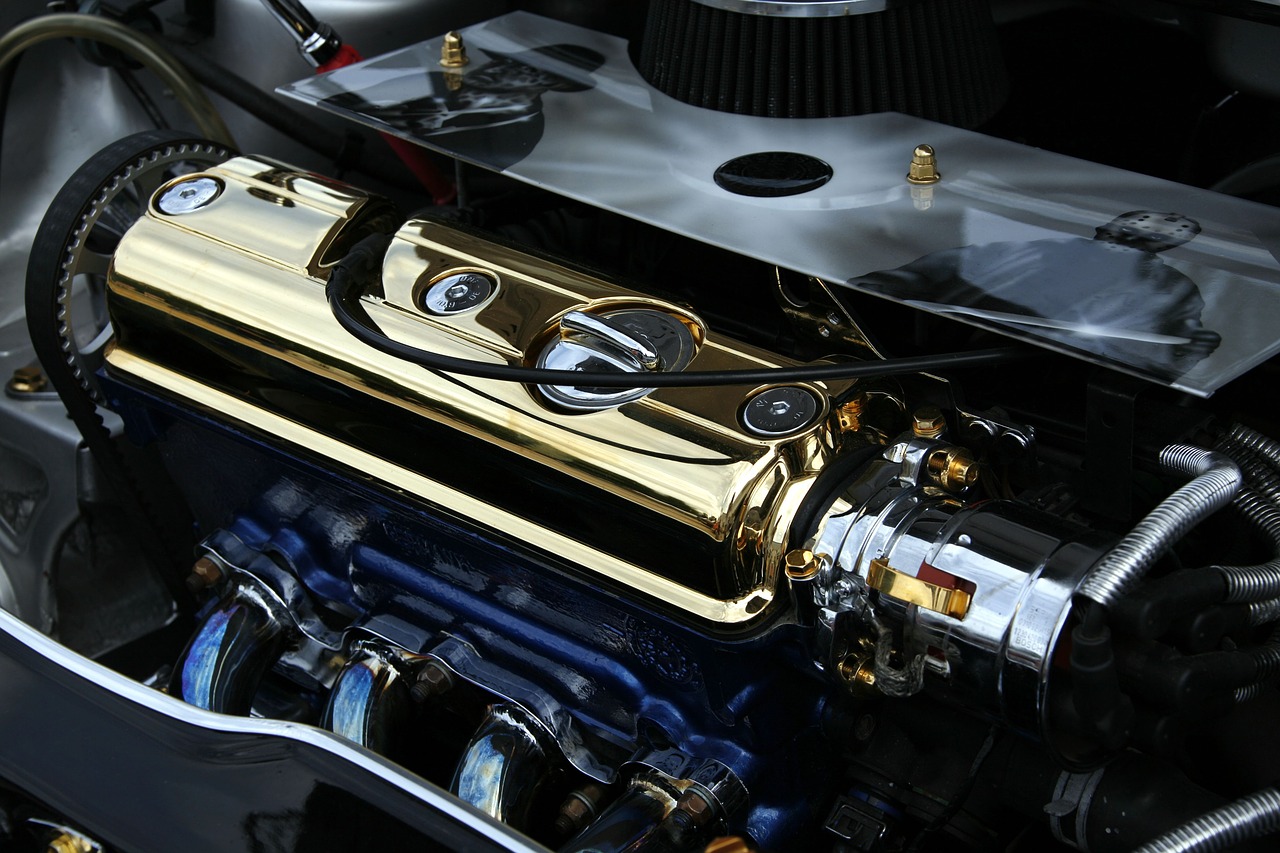What Is a Car Tune-Up? Here’s What You Need to Know
Your car is one of the most important investments you make – which means you’ll want to take care of it. Over the years of owning your car, you’ll take it into the local dealership or garage for a tune-up. What should you expect, and what is a car tune-up exactly?
What Is a Car Tune-Up?
So what is a car tune-up? It is part of preventative maintenance to help detect potential problems while improving your vehicle’s current performance.
Small elements may be replaced, belts might be swapped out, the spark plugs can be changed, and so on.
A tune-up will address minor problems that might not receive typical attention during other, more major inspections of your vehicle. The exact makeup of a car tune-up will hinge on a number of factors.
These factors include the kind of vehicle you drive and when the vehicle was last serviced. For example, you don’t need to replace spark plugs every year, so if that is a service that was done recently, it would be omitted from your car's annual tune-up.
For your vehicle to run its very best, and to identify potential performance problems down the line, it is important for you to know the answer to, "what is a car tune-up?" and how it helps extend the life of your vehicle.
What Happens during a Tune-Up?

Image: Pixabay License, by andreas160578, via Pixabay
To truly answer the question, "what is a car tune-up?" we must first explore the number of services performed on your vehicle.
The mechanic will first check your car’s computer to see if there are any errors or warning codes. These issues will need to be looked into first. From there, the mechanic will inspect your vehicle and identify what needs to be replaced or updated to boost vehicle performance.
Some of the standard repairs you can expect during a car tune-up include replacing the air filter, spark plugs if needed, a check of tires, brakes, air-conditioning, and electrical systems.
What Systems Are Checked during a Car Tune-Up?
When looking into "what is a car tune up?" you’ll probably have more than a few parts replaced. The mechanic will also perform a number of system checks. The checks are usually included with the price of the car tune up, but if the individual systems need attention, then you may incur additional costs.
Tire and Brake Inspection
This is a straight-forward system inspection. The mechanic will look at the tread and suggest if you should replace the tires now or if you can run on the tires for longer. The mechanic may also rotate the tires to keep the wear on the rubber the same.
Brake inspections will also be performed. The mechanic will look at the thickness of the brake pads and make brake replacement suggestions.
Air-Conditioning System
The air conditioning system in your vehicle is dependent upon freon. During a tune-up, a pressure check of the lines may be performed. The mechanic will also look into the individual parts to make sure everything is working properly.
Electrical System
The electrical system can be inspected both visually and through the car’s computer system. The car will log error codes when something is malfunctioning.
When the mechanic connects their computer to the vehicle they can download the error codes and find out if there are any electrical system issues going on.
During this process they will also perform an inspection of the electrical system by inspecting all the exterior lights.
Check Your Owner’s Manual

Image: Pixabay License, by PublicDomanPictures, via Pixabay
Your vehicle’s owner’s manual will provide the best information to answer the question, "what is a car tune-up?" specifically for your vehicle. This includes not only what to expect during the tune-up, but also at what mileage points require certain maintenance.
The owner’s manual will recommend the replacement of certain belts and filters.
If you take your vehicle into the dealership, they will also have all of this information.
Additional Vehicle Maintenance
Beyond your tune-up, there are a number of other routine forms of maintenance you need to perform in order to keep the vehicle running correctly. These include an oil change.
When you have your oil changed, you should also have the oil filter changed. Your owner’s manual will provide you with the parameters for how often you should have the oil changed on your specific vehicle.
While many drive-through oil change facilities will provide you with a basic mileage sticker, this is a standard number that may not be accurate for your car. Always consult your owner’s manual for maintenance schedules and concerns regarding your vehicle.
Keep Vehicle Records

Image: Pixabay License, by Aymanejed, via Pixabay
Now that you know the answer to, "what is a car tune-up?" and what to expect during the tune-up, you’ll want be sure to save all of your maintenance and repair records. These records will indicate what was changed and also what to keep an eye on in the coming months.
Keeping the records will provide you with two important points of data. First, you’ll have the recommendations on hand so you’ll know when you need to have certain areas of your vehicle inspected and corrected in the coming months.
Secondly, when you take your vehicle into a mechanic the following year, you’ll already know what items don't need serviced if they were serviced during a prior service appointment.
Things like spark plugs can quickly add up in costs. So keep these papers on hand and, when the mechanic gives you the repair suggestions, make sure to look over the previous year’s changes so you know what can be omitted from your current year's tune-up.
Related Questions
How should I find a mechanic for my vehicle?
How often should I get a tune-up?
How long does a tune-up take?
Are there signs I need a tune-up?
Conclusion
In conclusion, we hope this article helps inform you if you’ve been asking “what is a car tune-up?” These days, our vehicles are important parts of our lives. They are also a substantial monetary investment, so keeping up with regular maintenance will extend the life of your vehicle, ultimately saving you money in the long run.



